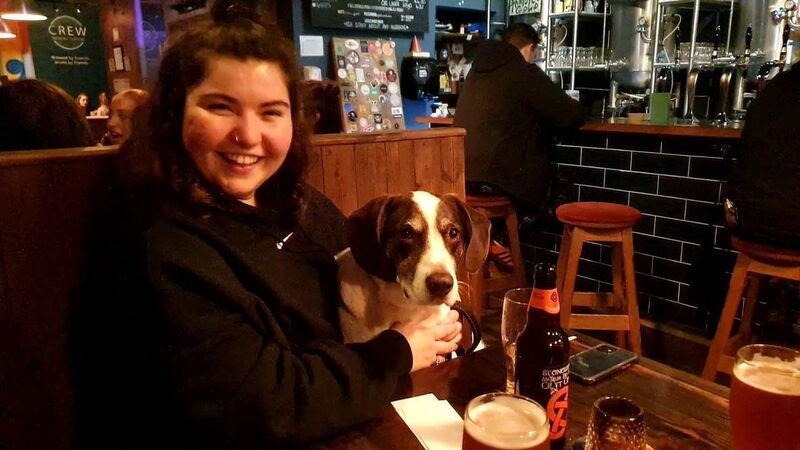Unspoken grief: Dealing with the loss of a beloved pet

Molly Cantwell with her beloved dog Gus
It was an unusually sunny day in July when my best friend of 10 and a half years closed his eyes for the last time. Mere days before he had been running around the garden, happy as the day we brought him home at only eight weeks old.







